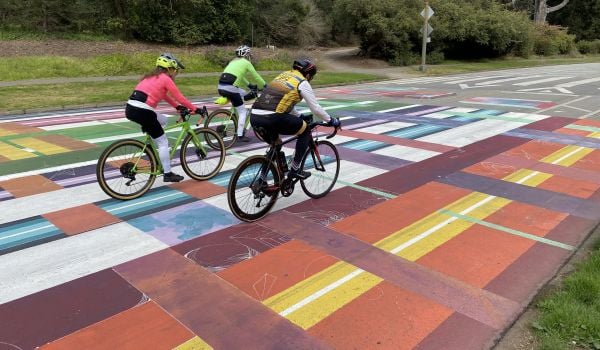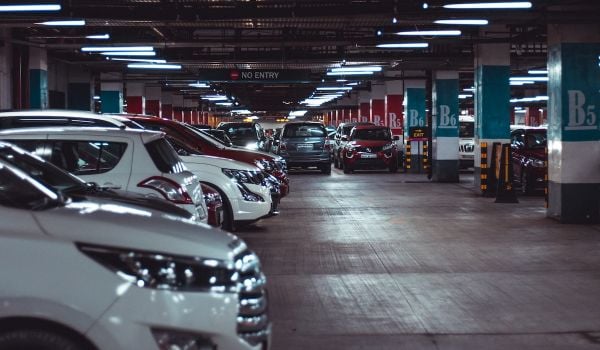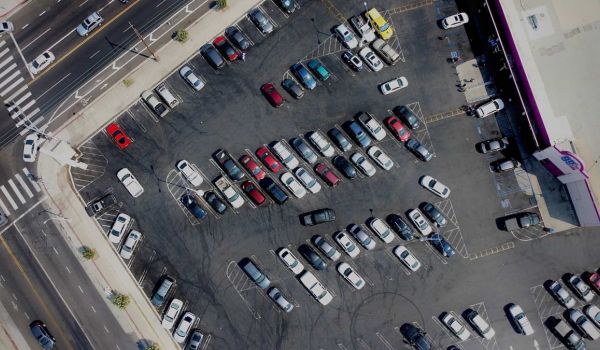In just a few short years, autonomous vehicles have gone from science fiction fantasy to something close to reality. And while the debate continues over whether self-driving cars will solve our transportation woes or simply perpetuate problems with congestion and pollution, it’s clear the vehicles are on their way. Major car manufacturers and tech companies including GM, Ford, Google and China’s Baidu are aiming to have fully autonomous cars ready in the next two to four years. Tesla’s made claims about having one ready by the end of 2017.
In response, a handful of U.S. cities have opened their arms to self-driving cars and made a push to brand themselves as the autonomous vehicle testing ground. Pittsburgh welcomed Uber’s autonomous fleet last fall. Contra Costa County, in California, converted a former naval station into an autonomous vehicle testing center. Tempe, Arizona, got some Uber self-driving cars after San Francisco kicked them out in December.
And in the last few weeks alone, more cities have made their bid to attract the new technology — along with the associated “marketing and economic development opportunities.” In March, Austin City Council passed a resolution welcoming autonomous vehicle testing. Last week the city of Sacramento announced the formation of a public-private partnership called Autonomous Transportation Open Standards Lab (ATOS) to test autonomous vehicles and work out the infrastructure, policy and regulatory issues they’ll present. Portland, Oregon, Mayor Ted Wheeler also announced last week that he wants to bring autonomous vehicle testing to his city.
The whole thing feels a bit like online dating. With a half dozen or so cities competing for the attention of autonomous vehicle manufacturers, city leaders are trying to make the case why theirs is the city on which Uber or Ford should swipe right.
For Portland, it’s the testing conditions. “We have hills, rain, winding roads; testing here gets beyond the minimal complexity of the Sun Belt where it’s flat and sunny,” says Michael Cox, communications director for Mayor Wheeler.
For Sacramento, it’s their proximity to state regulators and Mayor Darrell Steinberg’s previous experience in the state legislature.
“The mayor was leader of the state senate for six years and has lots of relationships there. And as the state’s capital city we can walk across the street and be speaking to people from the DMV and others,” says Kelly Rivas, deputy chief of staff for Steinberg.
Cities see autonomous vehicle testing as a potential job creator, a branding opportunity and a chance to get a leg up on new technology that’s starting to feel inevitable.
It’s important to note that when people talk about autonomous vehicles, they aren’t only talking about self-driving cars that do all the work. The National Highway Traffic Safety Administration recognizes five levels of automation from a car that can correct steering and apply the brakes on its own to a fully automated vehicle that can do all driving and monitoring functions in all environments.
“We know that this technology is developing. We know it’s coming. Our belief is we can either help shape the future of autonomous vehicles in Portland or we can allow them to happen to us,” says Cox.
Both Cox and Rivas also cited the potential safety benefits of eliminating the constant and consequential errors human drivers make. Portland and Sacramento each have a Vision Zero policy in place to reduce traffic-related deaths.
Capturing the cool factor of being an early adopter is clearly a motivation as well.
“This is an opportunity to buck the view that we’re a sleepy government town caught in red tape,” Rivas says. “We’re leading and setting standards.”
Given the autonomous infatuation of so many mayors and city DOTs, it’s fitting that the National League of Cities recently released a guide to help cities get ready to have robots on their roads.
“Everyone’s excited about prototypes and the promises auto manufacturers are making. But there’s not a lot of effort being put into educating and engaging the public on the issue,” explains Nicole DuPuis, NLC’s principal associate for urban innovation.
The guide draws on the already established U.S. DOT guidelines to help cities think about policy and regulations they need to implement to accommodate autonomous vehicles.
It covers basic infrastructure considerations cities will need, such as having a robust wireless network for vehicle communications, and having a plan in place to maintain the painted lines on their roads, since car sensors rely on them.
It also digs into the sure-to-be-difficult issue of public engagement. DuPuis points out that city outreach for something as straightforward as a new light-rail project often takes up to two years. New technology like self-driving cars is going to take even more engagement.
“The public is still not entirely convinced that this is a good idea. Municipal governments really need to start now with citizen engagement and education,” she says.
Whether the public buys in soon or not, Sacramento and Portland are full steam ahead on making autonomous vehicle testing a reality. Both Rivas and Cox say their cities could have testing programs off the ground within the year.

Josh Cohen is Crosscut’s city reporter covering Seattle government, politics and the issues that shape life in the city.
Follow Josh .(JavaScript must be enabled to view this email address)

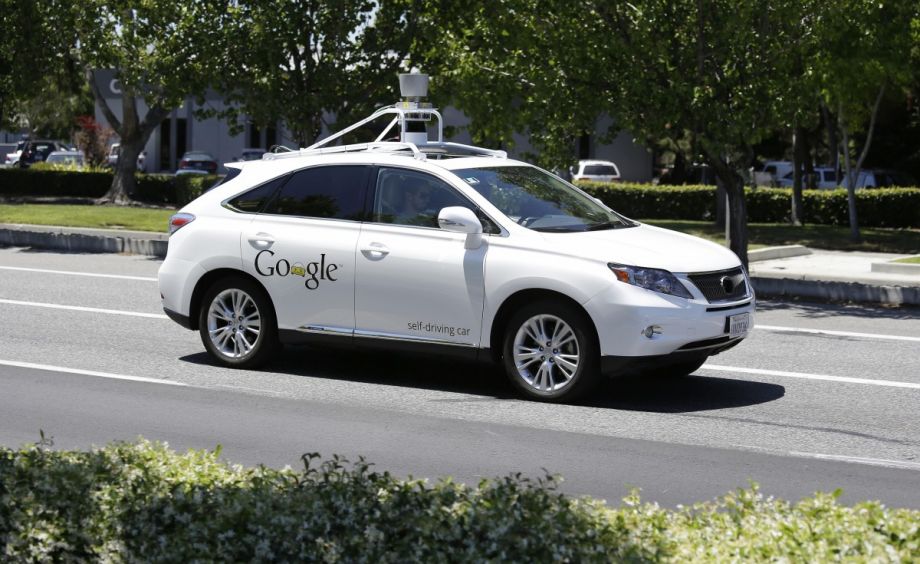
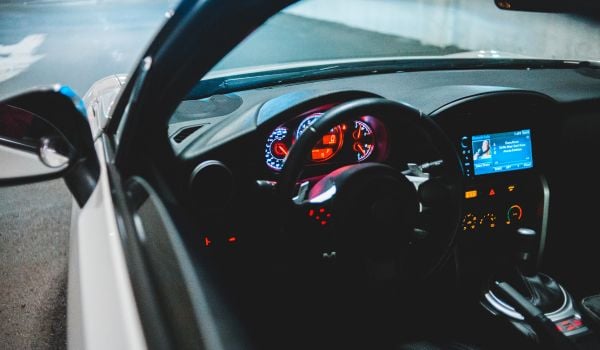
_600_350_80_s_c1.jpg)
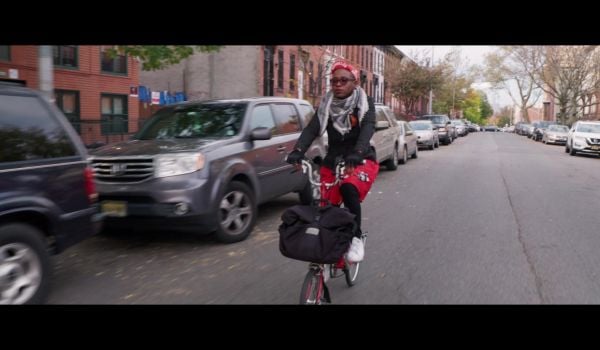
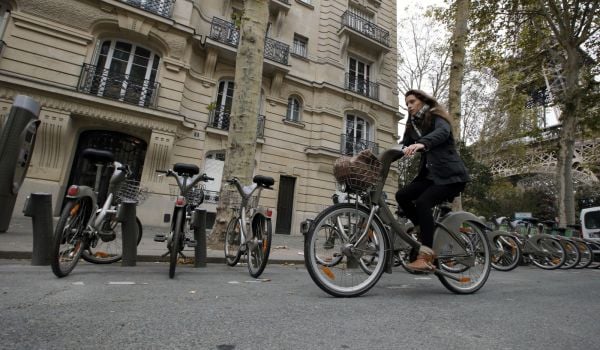
_on_a_Sunday_600_350_80_s_c1.jpeg)
